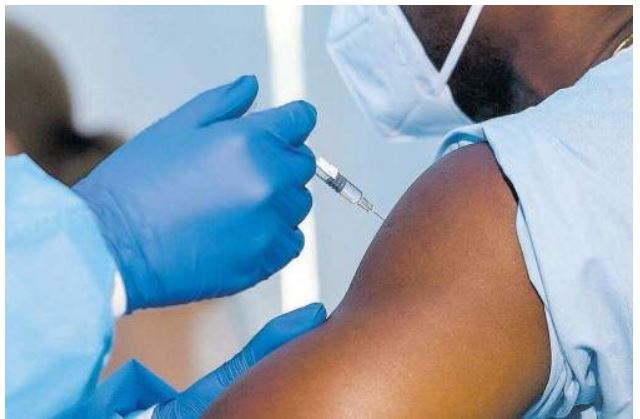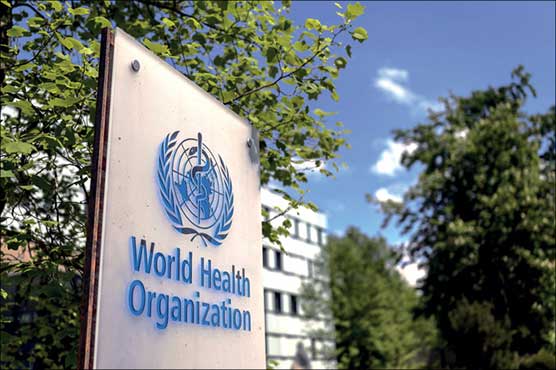This news article is a production distributed through Caribbean News Service. It is made freely available to your media and we encourage publishing and redistribution, giving credit to Caribbean News Service (CNS).
KINGSTON, Jamaica, Apr 02 2016 – The United Nations Secretary General’s Special Envoy for AIDS in the Caribbean, Dr. Edward Greene, and Latin America and Caribbean Director of the Joint United Nations Programme on HIV/AIDS (UNAIDS), Dr. César Núñez, will visit Jamaica from April 4 to 5.
Over two days the pair will meet with Government, civil society and other development partners to discuss the country’s progress towards ending AIDS as a public health threat as well as Jamaica’s role in the High-Level Meeting on Ending AIDS, scheduled for June 8th to 10th in New York.
The 2016 High-Level Meeting on Ending AIDS is organised by the United Nations General Assembly.
This year’s meeting will focus the world’s attention on the importance of a Fast-Track approach to the AIDS response over the next five years. The UNAIDS Fast-Track approach aims to achieve ambitious targets by 2020, including: Fewer than 500,000 people newly infected with HIV; Fewer than 500,000 people dying from AIDS-related causes; and Elimination of HIV-related discrimination.
Ending the AIDS epidemic as a public health threat will require global solidarity and partnership, especially in times of diverse and demanding challenges. Focus must remain strong and commitment to leaving no one behind and building a more sustainable world by 2030 must be unwavering.
Jamaica has long played a key role in shaping the regional response to HIV and has attained significant progress. According to Ministry of Health data, since 2000 new infections have decreased by 50 percent. In the last decade Jamaica achieved a 46 percent decline in AIDS-related deaths. Also over the last 10 years, the rate of HIV transmission from mothers to their babies fell from 10 percent to under two percent. Currently seven in 10 people living with HIV in the country know their status (72 percent).
The 90-90-90 targets are central to the Fast Track initiative – 90 percent of people living with HIV knowing their status, 90 percent of these people on treatment and 90 percent of people on treatment with an undetectable viral load. Fast Track will return on its investment by averting new HIV infections and dramatically reducing the long-term cost of treatment.
During their two-day visit Dr. Greene and Dr. Núñez are scheduled to meet with the Minister of Health, Dr. Christopher Tufton; Minister of Foreign Affairs and Foreign Trade, Mrs. Kamina Johnson Smith; Minister of Justice, Mr. Delroy Chuck; Executive Director of the National Family Planning Board, Dr. Denise Chevannes-Vogel and Director General of the Planning Institute of Jamaica, Mr. Colin Bullock. They will also meet with civil society and faith-based leaders to discuss opportunities and challenges as it relates to scaling up prevention, treatment and care services for people living with HIV and other key populations in Jamaica.




